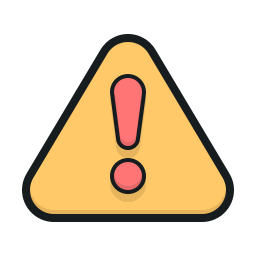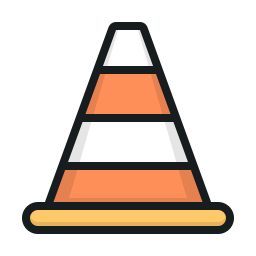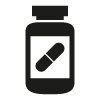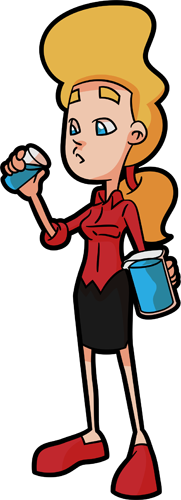Mental Health | Supplements and Nonprescription Drugs, FDA warns

 Mental Health Update | Beware of Imported Supplements and Nonprescription Drugs, Warns FDA.
Mental Health Update | Beware of Imported Supplements and Nonprescription Drugs, Warns FDA.
The Food and Drug Administration (FDA) has issued a safety alert to consumers regarding imported products marketed as dietary supplements and non-prescription drug products, often sold at ethnic or international stores, flea markets, swap meets, or online.
An FDA spokesperson stated that health scammers often target advertising to individuals who prefer to shop at nontraditional places and markets, particularly those with limited English proficiency and/or limited access to healthcare services and information.
However, these products may be contaminated or contain hidden drug ingredients that have been removed from the market or not approved for use in the United States. Some dietary products could also resemble antibiotic products marketed in other countries, but not actually contain any antibiotics.
In addition, illegally imported antibiotics sold without a prescription and with no clinical oversight may lead to misuse and abuse while contributing to antibiotic resistance.
This is a big concern, what you see and read about isn’t always what you get. When in doubt take the safe route and stay away from pseudo supplements and pharmaceuticals. Too be on the safe side, this is helpful information:
The FDA is advising consumers to be wary of products with these claims:
- One product does it all. Be suspicious of products that claim to cure a wide range of diseases.
- Personal testimonials. Success stories such as “It cured my diabetes,” or “My tumors are gone,” are easy to make up and are not a substitution for scientific evidence.
- Quick fixes. Few diseases or conditions can be treated quickly, even with legitimate products. Beware of language such as “lose 30 pounds in 30 days,” or “eliminates skin cancer in days.”
- “All natural.” Some plants found in nature can kill if you eat them; the FDA has found products promoted as “all natural” that contain hidden and dangerously high doses of prescription drug ingredients.
- Miracle cure should be a cause for alarm, along with “new discovery” or “scientific breakthrough.” A real cure for a serious disease would be all over the media and prescribed by doctors, not buried in print ads, TV infomercials, or on Internet sites.
- FDA-approved, as domestic or imported dietary supplements are not approved by FDA.
 It is strongly advised that clinicians ask patients about all dietary supplements, prescription drugs, and non-prescription products, and to warn them against fraudulent claims.
It is strongly advised that clinicians ask patients about all dietary supplements, prescription drugs, and non-prescription products, and to warn them against fraudulent claims.
For more information call (888) 463-6332 or visit FDA.gov. This article was first published in empr.com.


